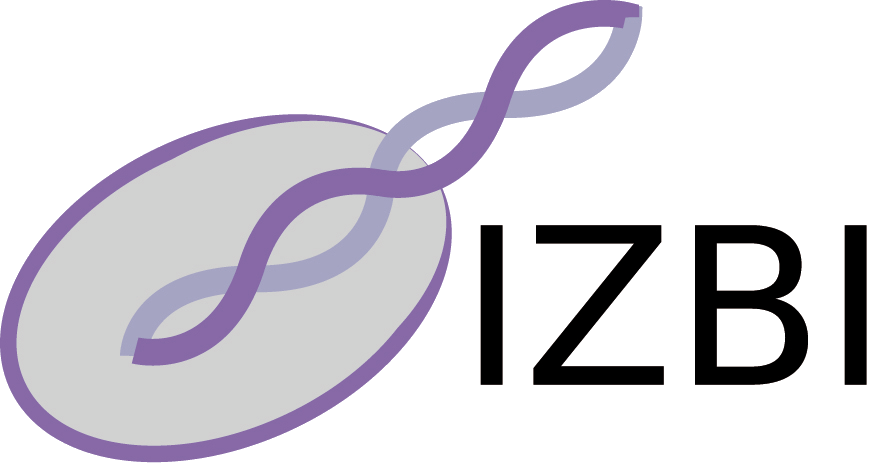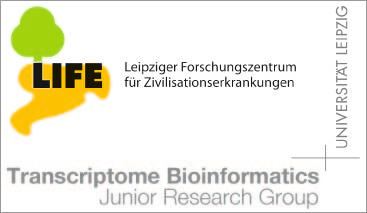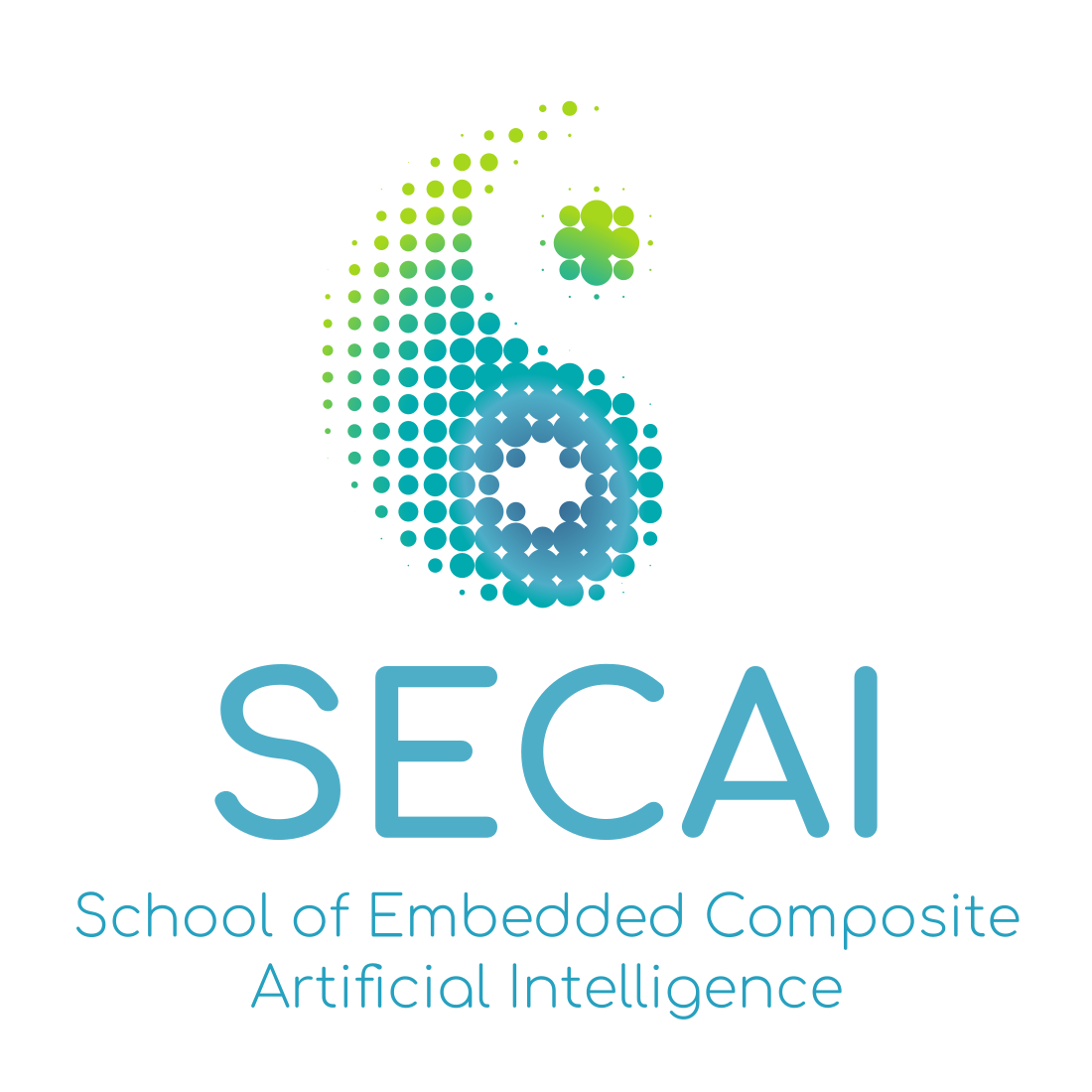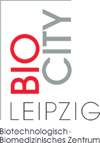Publications - Published papers
Please find below publications of our group. Currently, we list 565 papers. Some of the publications are in collaboration with the group of Sonja Prohaska and are also listed in the publication list for her individual group. Access to published papers ( ) is restricted to our local network and chosen collaborators.
If you have problems accessing electronic information, please let us know:
) is restricted to our local network and chosen collaborators.
If you have problems accessing electronic information, please let us know:
 ) is restricted to our local network and chosen collaborators.
If you have problems accessing electronic information, please let us know:
) is restricted to our local network and chosen collaborators.
If you have problems accessing electronic information, please let us know:©NOTICE: All papers are copyrighted by the authors; If you would like to use all or a portion of any paper, please contact the author.
Quantitative Comparison of Genomic-Wide Protein Domain Distributions
Arli A. Parikesit , Peter F. Stadler & Sonja J. Prohaska
Download
Status: Published
GCB2010 conference proceeding. Vol P-173: pp 93-102
Abstract
Investigations into the origins and evolution of regulatory mechanisms
require quantitative estimates of the abundance and co-occurrence of
functional protein domains among distantly related genomes. Currently
available databases, such as the SUPERFAMILY, are not designed for
quantitative comparisons since they are built upon transcript and protein
annotations provided by the various different genome annotation projects.
Large biases are introduced by the differences in genome annotation
protocols, which strongly depend on the availability of transcript
information and well-annotated closely related organisms.
Here we show that the combination of de novo gene predictors and
subsequent HMM-based annotation of SCOP domains in the predicted peptides
leads to consistent estimates with acceptable accuracy that in particular
can be utilized for systematic studies of the evolution of protein domain
occurrences and co-occurrences. As an application, we considered four major
classes of DNA binding domains: zink-finger, leucine-zipper, winged-helix,
and HMG-box. We found that different types of DNA binding domains
systematically avoid each other throughout the evolution of Eukarya.
In contrast, DNA binding domains belonging to the same superfamily readily
co-occur in the same protein.















